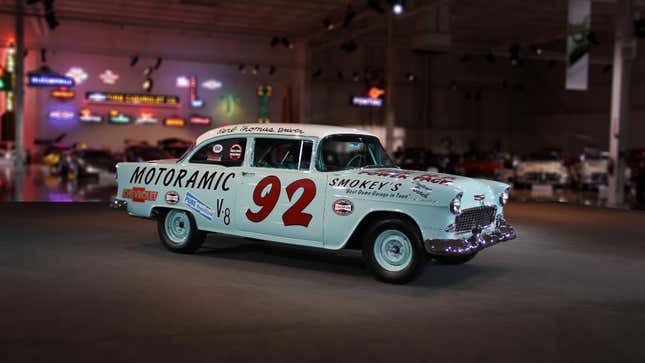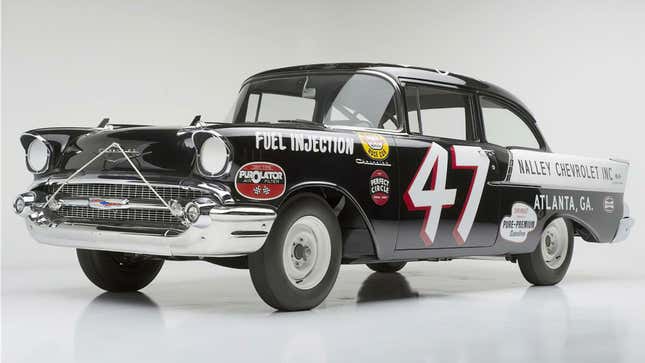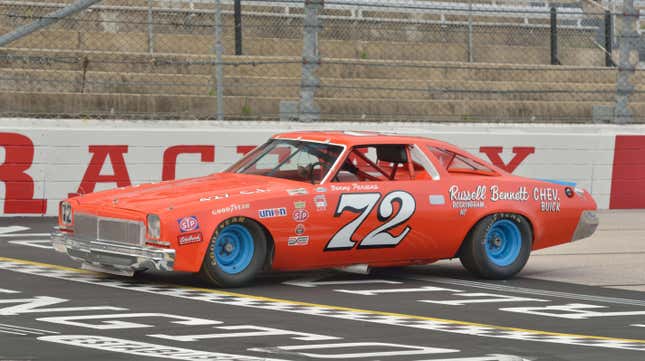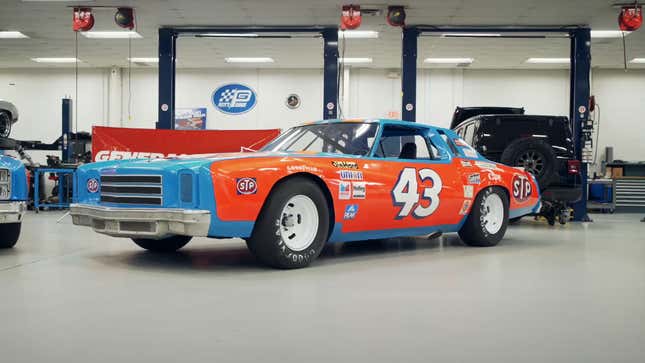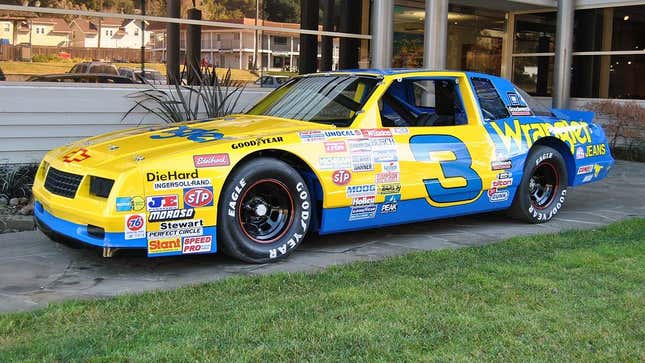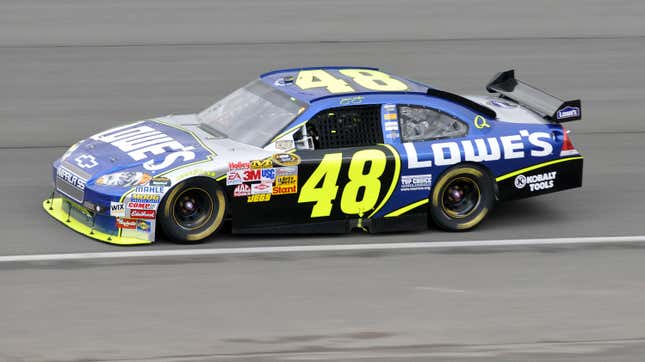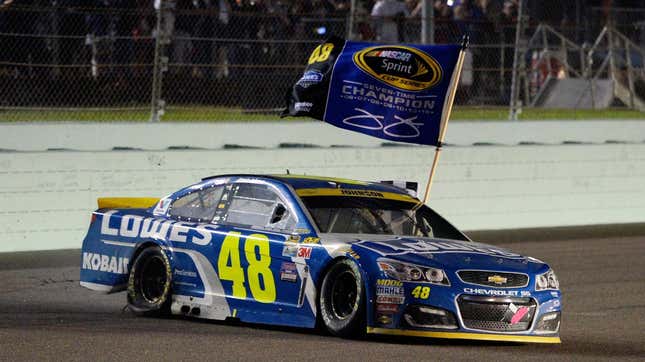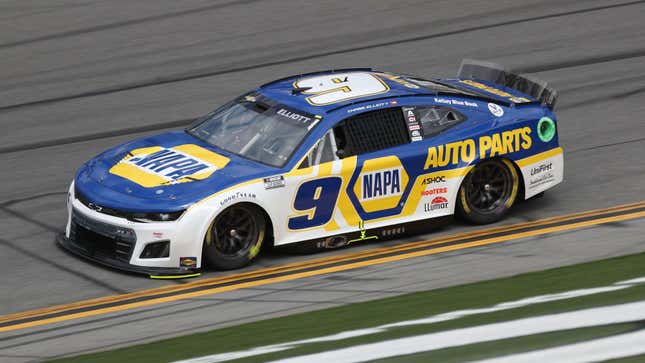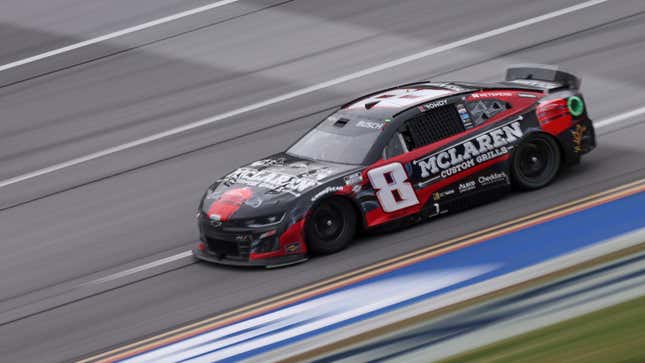
Last Sunday, Kyle Busch won his second NASCAR Cup Series race of the season at Talladega Superspeedway. Busch found his way from third to first on the final lap as Bubba Wallace and Ryan Blaney collided. Busch’s victory is only his sixth career win behind the wheel of a Chevrolet, but it adds to the brand’s total of over 800 wins in NASCAR’s highest division.
Chevrolet’s distinctive bowtie logo has adorned stock cars in NASCAR’s sanctioned races since the organization’s founding in 1949. Chevrolet has had plenty of ups and downs over NASCAR’s 75 years. Seven-time champions Richard Petty, Dale Earnhardt and Jimmie Johnson have all won at least one title while driving a Chevy. There was also an 11-year period where no driver won a championship with a Chevrolet.
Thousands of Chevys have been raced in the NASCAR Cup Series. Here are ten cars that illustrate the brand’s history in the championship:
